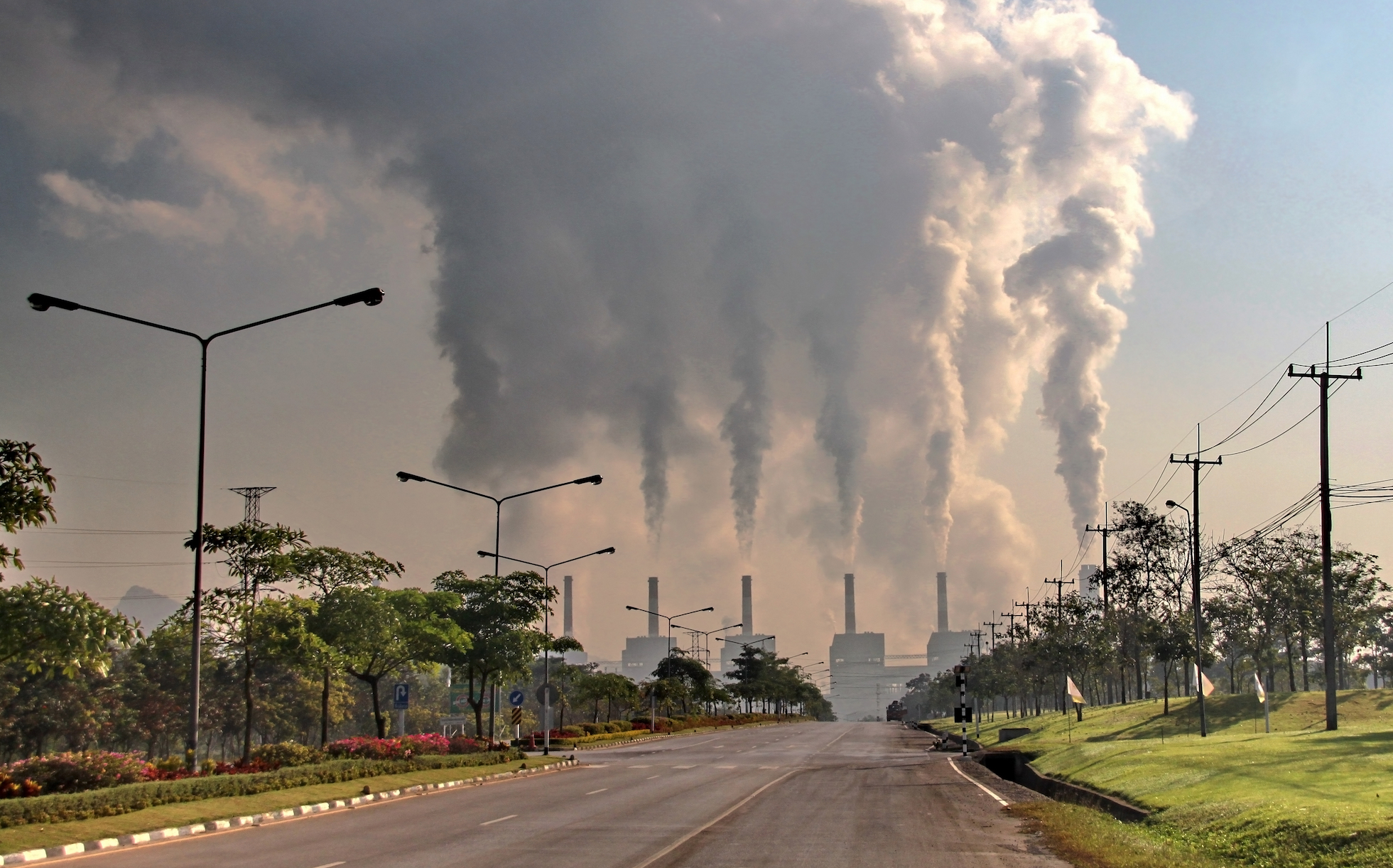
Suicide rates will rise with warming temperatures, study shows
A new study from Stanford University has found that suicide rates are likely to rise as the planet continues to grow warmer. The average global temperature increases that are predicted to occur through the year 2050 could result in an additional 21,000 suicides in the United States and Mexico.
Study lead author Marshall Burke is an assistant professor of Earth System Science in the School of Earth, Energy & Environmental Sciences at Stanford.
“When talking about climate change, it’s often easy to think in abstractions. But the thousands of additional suicides that are likely to occur as a result of unmitigated climate change are not just a number, they represent tragic losses for families across the country,” said Professor Burke.
A link between suicides and hotter weather has been recognized for centuries, but there are many other factors that contribute to suicide that also vary across the seasons, such as less daylight and lower employment rates.
“Suicide is one of the leading causes of death globally, and suicide rates in the U.S. have risen dramatically over the last 15 years. So better understanding the causes of suicide is a public health priority,” said Professor Burke.
To distinguish between the role of temperatures and other suicide factors, the experts compared historical data across thousands of regions in the United States and Mexico. The team also analyzed the language in over half a billion posts on Twitter to search for evidence of a connection between hotter temperatures and mental well-being.
The researchers found a strong correlation between hotter weather and suicide rates. There was also a substantial increase found in the use of depressive language on social media when the temperatures were hot and oppressive.
“Surprisingly, these effects differ very little based on how rich populations are or if they are used to warm weather,” said Professor Burke.
Using projections from global climate models, the team calculated that a rise in temperature by the year 2050 could increase suicide rates by 1.4 percent in the United States and 2.3 percent in Mexico.
“We’ve been studying the effects of warming on conflict and violence for years, finding that people fight more when it’s hot,” said study co-author Solomon Hsiang. “Now we see that in addition to hurting others, some individuals hurt themselves. It appears that heat profoundly affects the human mind and how we decide to inflict harm.”
The study authors emphasized that rising temperature and climate change should not be viewed as direct motivations for suicide. Instead, the likelihood of situations that can lead to self-harm will increase.
“Hotter temperatures are clearly not the only, nor the most important, risk factor for suicide,” said Professor Burke. “But our findings suggest that warming can have a surprisingly large impact on suicide risk, and this matters for both our understanding of mental health as well as for what we should expect as temperatures continue to warm.”
The study is published in the journal Nature Climate Change.
—
By Chrissy Sexton, Earth.com Staff Writer













